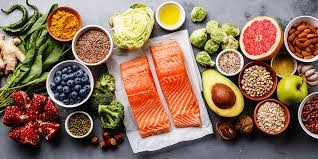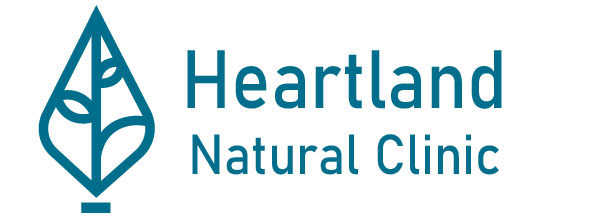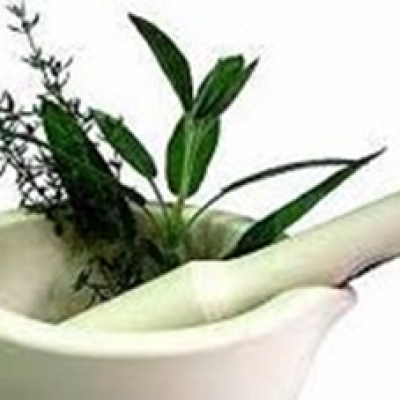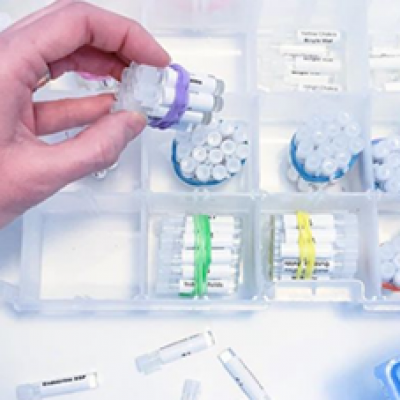BUT…the holidays are now over, and a new year has begun. And you’re feeling bloated and tired, plagued with sugar cravings.
You may be tempted to try one of the many detox diets, cleanses, or detox teas that seem readily available. The problem is not all of these detoxes or cleanses are good for you, and some could even be dangerous to your health.
As a Functional Medicine Practitioner, my goal is to help my clients feel better by providing them with more natural-based options that help not only address their symptoms but get to the root cause of their health issues.
When it comes to detoxes and cleanses, many options are available, and information can be contradictory. This can be overwhelming and confusing for many people, and you may even wonder if detox is necessary (since our bodies already have a natural, built-in detox system).
WHAT IS A DETOX OR CLEANSE?
When it comes to functional medicine, detox goes beyond simply getting rid of toxins in your body. It’s a system that focuses on reducing or eliminating exposure to toxins while supporting your natural detoxification organs to work efficiently to remove toxins from your body. The goal is to reduce exposure to toxins long term, which means for most clients, a detox is only the beginning of an overall lifestyle change.
WHAT CAUSES TOXINS TO BUILD UP IN OUR BODIES?
There are a variety of things that can cause toxic overload. Everything from exposure to harmful chemicals, stress, and food can contribute to toxins building up. And although our bodies naturally detoxify, when overloaded with toxins, the pathways in which toxins are eliminated slow down, causing toxic overload.
Anything from sluggish elimination (read: constipation), imbalance of the microbiome in our gut, diets high in sugar or artificial sweeteners (but low in protein), alcohol and drugs, chronic inflammation, stress, and genetics can contribute to toxic overload.
SIGNS AND SYMPTOMS THAT A DETOX CAN HELP
If you are suffering from toxic overload, your symptoms could consist of one or many of the following:
- Tiredness and trouble sleeping
- Headaches or migraines
- Bloating
- Mood swings, irritability, anxiety or depression
- Brain fog or difficulty concentrating
- Food cravings (especially sugar)
- Skin conditions
- Chronic digestive discomfort or issues
FUNCTIONAL MEDICINE APPROACH TO DETOX
In functional medicine, we look at the body not as individual parts but as a whole. My goal when investigating if a detox could help one of my clients is to understand their symptoms and formulate an individualized plan based on their issues.
The aim is to get clients back to a state where they experience increased energy, better digestion, reduced inflammation, and a greater feeling of wellness overall.
Determining the right diet and lifestyle changes for each individual are the cornerstones of a detox.

Diet / Food Sensitivities:
I work with my clients to drill down and better understand what foods or food groups are potential triggers for them and which are best to help support detoxification. This includes narrowing down if they have any specific food allergies or sensitivities that could be contributing to the toxic overload.
Elimination diets are often the easiest way to determine which foods you should avoid. By switching to a simple list of foods and eliminating any known or potential trigger foods for 10-28 days, we get a better idea of which foods are causing issues for you. The most common trigger foods include dairy, eggs, shellfish, peanuts, corn, soy, and wheat/gluten, although this list will vary depending on the individual. An IgG Food Sensitivity test can help identify potential food sensitivities and take the guesswork out of your diet.
Nutrients and Fiber:
In conjunction with an elimination diet, ensuring that your diet is rich in antioxidants, vitamins & minerals can help remove toxins more easily. Think "eating the rainbow" when considering the vegetables and fruits to include in your diet.
In addition, try to choose a variety of plant-based foods as well as herbs and spices that are shown to help aid in the detoxification process. These include cruciferous vegetables, green tea, garlic, cilantro, onions, flaxseeds, legumes, brown rice, quinoa, turmeric, oregano, and ginger.
Fibre is integral to helping with healthy detoxification as it binds with toxins in the GI tract, preventing them from being absorbed into the body. You can boost your body's natural detox process by increasing your fibre intake, particularly through plant-based foods.
Lifestyle changes:
Vital for any long-term wellness plan, lifestyle changes geared toward reducing your overall toxic exposure are essential.
Lifestyle components such as exercise, moving more, getting adequate sleep, avoiding plastics, using natural products and cosmetics, reducing inflammation with fatty acids and antioxidants, reducing stress, minimizing alcohol intake, and focusing on a healthy diet can all help to contribute to your body's ability to detox.
*This article is for informational purposes only
If you are interested in trying a detox, or for more information, feel free to contact me directly at This email address is being protected from spambots. You need JavaScript enabled to view it. or 905-361-0419 and ask for Azadeh.

REFERENCES:
- https://pubmed.ncbi.nlm.nih.gov/16857842/ Dietary botanical diversity affects the reduction of oxidative biomarkers in women due to high vegetable and fruit intake
- https://www.ncbi.nlm.nih.gov/pmc/articles/PMC4488002/ Modulation of Metabolic Detoxification Pathways Using Foods and Food-Derived Components: A Scientific Review with Clinical Application








